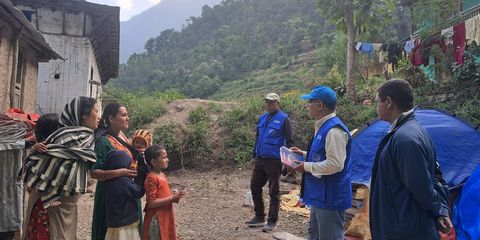Standing strong with girls and young women in emergencies: Anju
We are featuring Anju Shakya, a dedicated frontline worker at Plan International Nepal. Her story reflects how we prioritise girls and young women from diverse communities during emergencies through timely, dignified, and inclusive support.
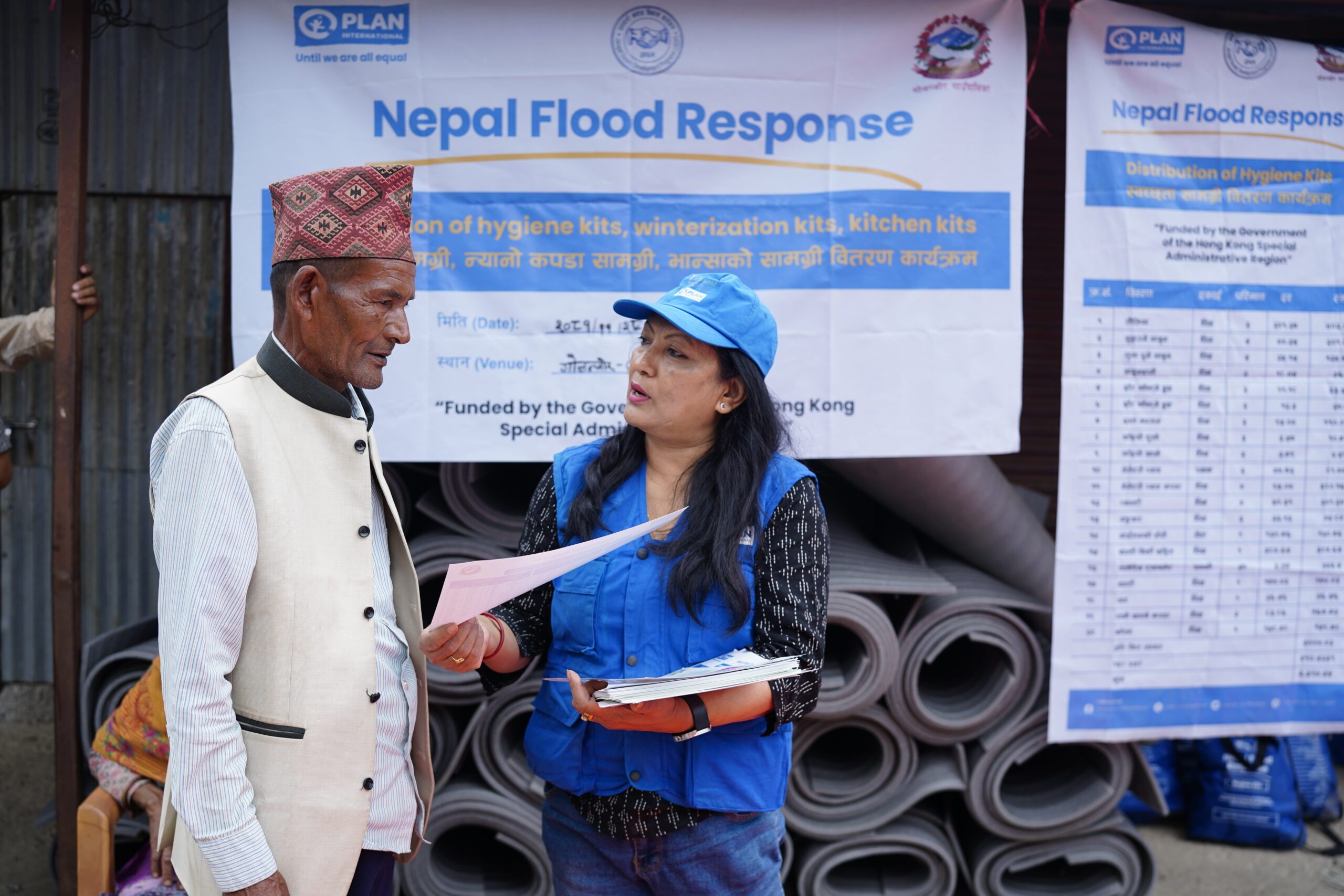
At Plan International Nepal, we put girls, young women, and marginalised communities at the centre of our emergency preparedness and response efforts. Our colleague Anju Shakya has been working on the frontlines during floods, cold waves, and other disasters, ensuring timely and dignified support reaches those who need it most. Let’s hear her story in her words.
A moment I will never forget
“During a flood response in Morang district, I was visiting a community badly hit by rising water levels. As we were assessing the damage, the river suddenly began to swell again due to heavy rain. Within minutes, panic spread. I had to drop everything and help people get to safety. I held the hand of an elderly woman and guided her to higher ground. That moment reminded me how quickly nature can change and how important it is to always stay prepared and prioritise people’s safety, especially those most at risk, like women, children, and the elderly.”
“Another time, in Sindhuli, while distributing relief packages, a woman came up to me holding the flyer we had shared. She said, ‘This leaflet shows that you respect us. Your organisation didn’t just give support, you shared information and listened to us.’ Her words touched me deeply. It reminded me that beyond food and supplies, people need dignity, information, and trust. That’s what builds real connection.”
This is what I keep doing
“I chose to work in emergencies because I care deeply about vulnerable families, especially children and women, who lose everything during disasters. Every year, floods take away homes, food, and safety. I want to be someone who listens, supports, and brings hope. When I see children smile after receiving safe water or when mothers tell me they feel safe again, I know I’m doing something that matters.”
“Recently, during the drought in Madhesh Province, many families were struggling without clean water. Schools had no drinking water, and children were falling sick or skipping class due to dehydration. Our team stepped in to support the community. We delivered clean water to schools and public areas so students could stay healthy and attend school regularly. Seeing children drink safely and return to their classrooms with energy was a powerful reminder of how even a simple act, like providing water, can protect education and dignity during a crisis.”
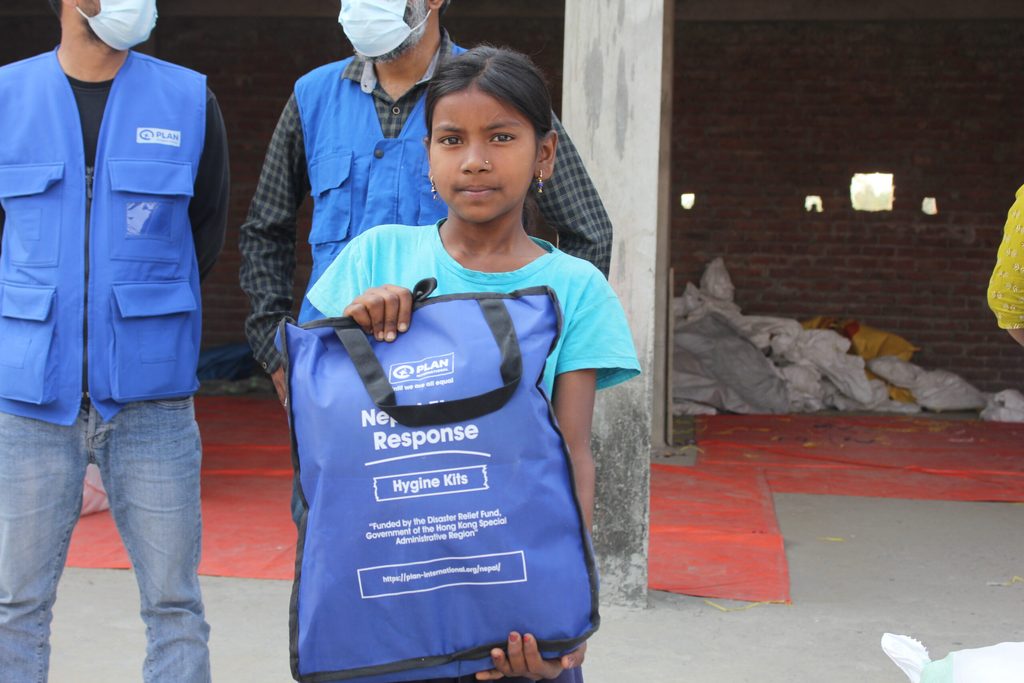
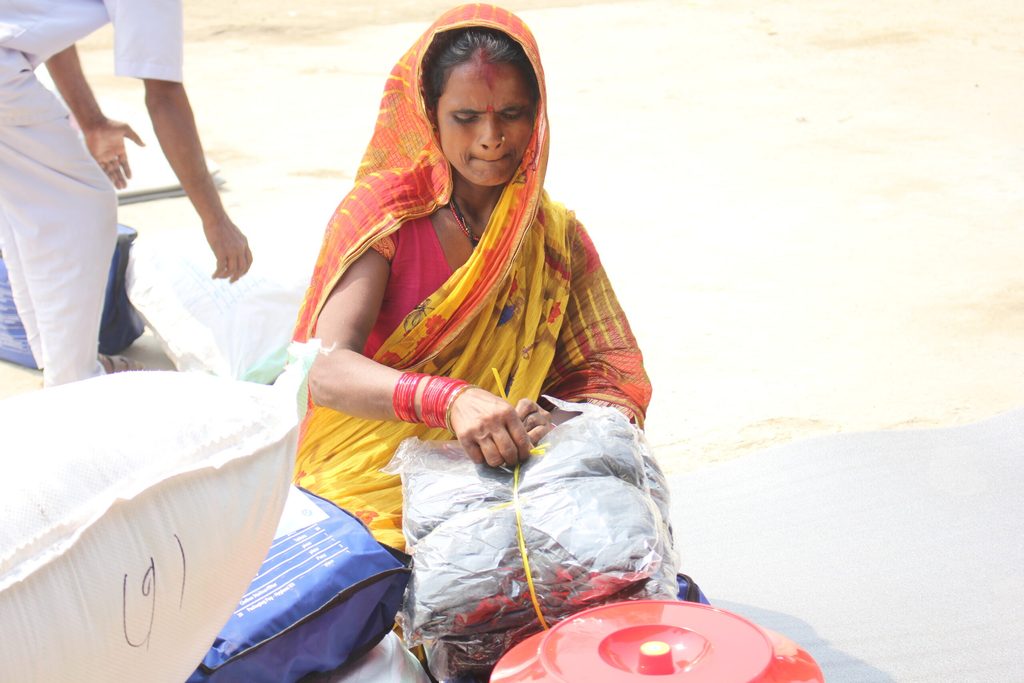
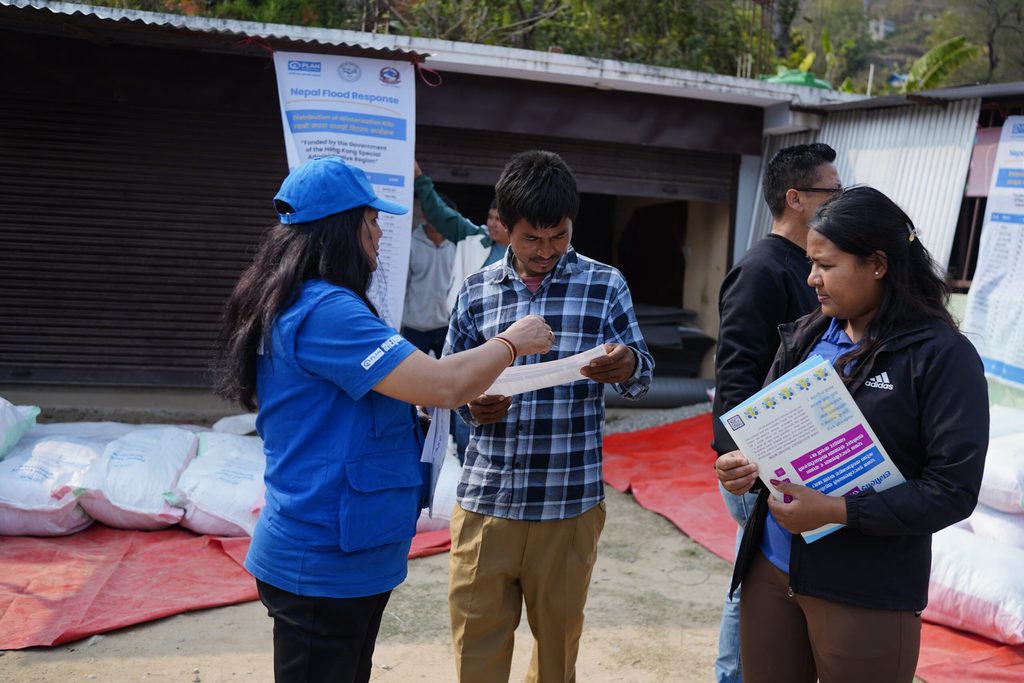
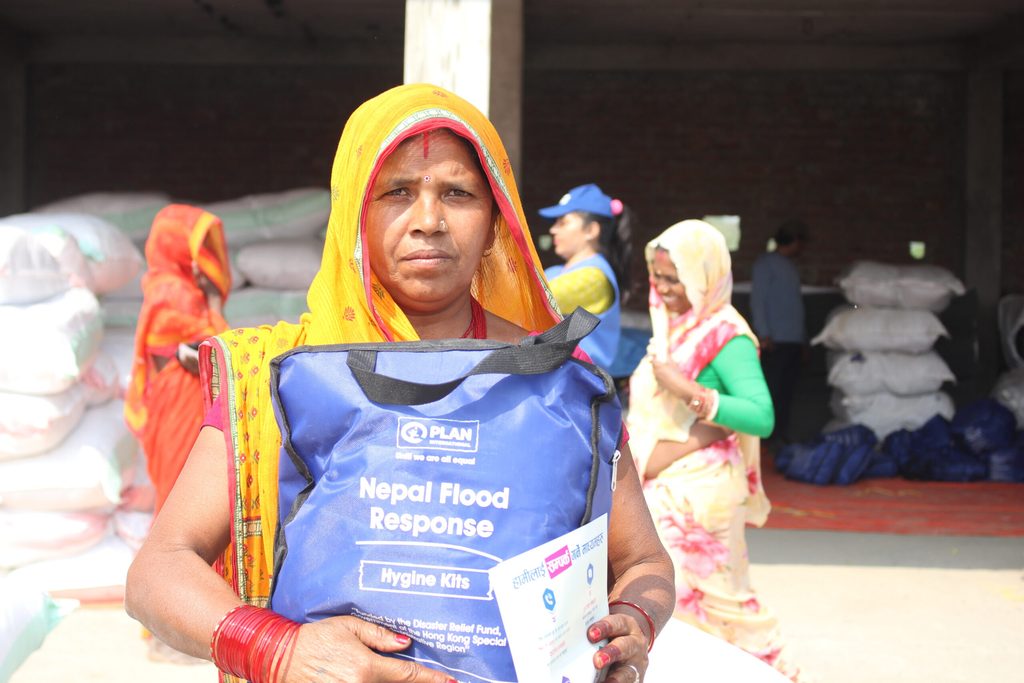
Challenges faced
“Working during emergencies is never easy. In Dhanusha, we had trouble transporting winter relief items because of narrow roads and lost supplies. I made a clear plan, found better routes, used smaller vehicles, and made sure everything was accounted for. We avoided further loss and reached families on time.”
“Once, in the same district, we couldn’t distribute cold wave kits because of poor coordination with local officials. I met with the Mayor, explained the urgency, and got his support. He even helped with distribution himself. This showed me how strong partnerships can lead to real results.”
“Another challenge was when different organisations gave out support separately, causing confusion. I suggested we distribute everything from one place. It made things much easier for the families and more respectful.”
Making a difference
“I believe my work has helped children and families stay safe during tough times. I make sure they get what they need: food, clean water, dignity kits, and support. For girls and women, we create safe spaces, promote education, and help them feel strong and included.”
“I also work closely with local leaders and families so that they are better prepared for the future. Seeing the happiness in their faces keeps me going.”
“I’ve worked in many communities over the years. I know their struggles, and I see them as part of my own life. When disasters happen, I feel their pain too. I can’t turn away. Their courage and strength motivate me to stand with them, no matter how hard it gets.”


